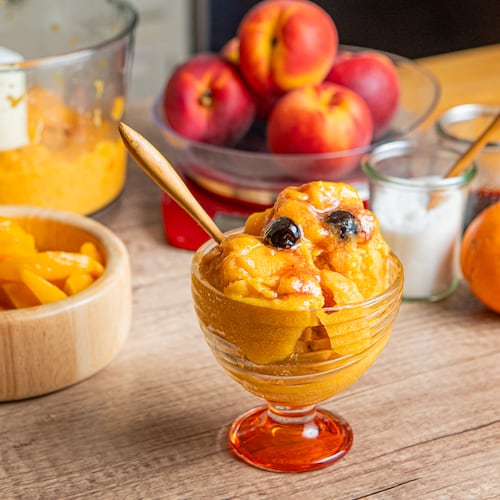It's AJC Grill Week. Check out the blog all week for grilling advice, photos and restaurant recommendations.)
Follow these important safety tips when using propane fuel, and the only item you’ll be in danger of burning this grilling season will be your rib-eye steak.
• Grill only in appropriate places. That means outdoors in well-ventilated spaces; never in the garage or inside the house. Place the grill away from siding, deck railings and out from under eaves and overhanging branches. About 27 percent of the home structure fires involving grills started on a courtyard, terrace or patio, and 29 percent started on an exterior balcony or open porch, with 6 percent starting in the kitchen, according to the NFPA.
• When you’re taking your grill out for the first time after winter storage, check the LP (liquid propane) cylinder for leaks and general disrepair. If you suspect a leak in your propane tank, turn off all of the grill’s controls, and turn the propane tank to the full on position. Never use a flame to check for gas leaks. Use a solution of dishwashing soap and water, and spray it on all of the fittings, looking for any bubbles where gas is escaping. If you find a leak, get it serviced by a professional or exchange the tank.
• When you’re ready to cook, first turn on the tank, then the grill. When you’re finished, turn the propane tank off first and then turn off the grill controls to minimize the amount of residual pressure left in the gas hose. Remember to keep the grill controls off and the propane cylinder valve closed when not in use.
• Keep some sort of fire extinguishing material nearby. A commercial fire extinguisher, like the small and convenient Tundra spray canister from First Alert, is ideal in that it covers a wider area than conventional and cumbersome extinguishers. And if you don’t have a commercial version handy, then keep a box of baking soda for grease fires, or a bucket of sand or even cat litter to extinguish errant flames. If all else fails, grab the garden hose.
• Do you like to keep a spare propane tank around? Then store it upright in a place where temperatures won’t exceed 120 degrees. Never store a spare propane tank on or near a grill.
• Driving with a propane tank is perfectly safe, as long as you take a few precautions. Even if the tank is empty, make sure to close the valve tightly, and keep the tank in an upright position. Keep the car well-ventilated by cracking the windows open. And don’t keep the tank for any length of time in a hot car.
• If storing the gas grill indoors, the propane cylinder must be disconnected, removed and stored outdoors. Never, ever store a propane tank indoors.
• What if you smell gas while cooking? Immediately get away from the grill and call the fire department.
• Finally, don’t smoke while handling a propane tank.
About the Author
The Latest
Featured

